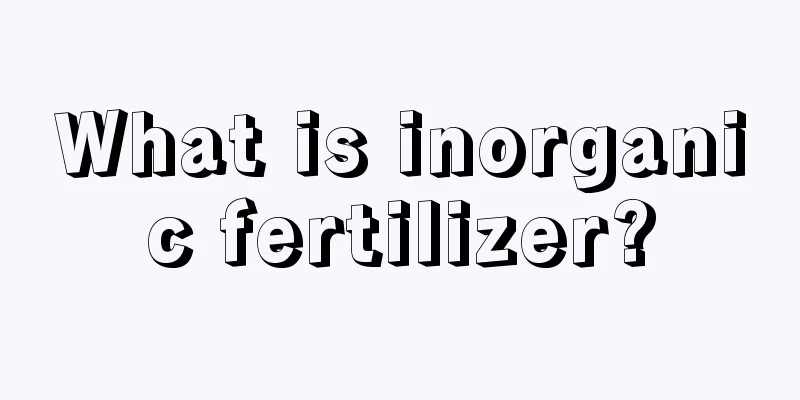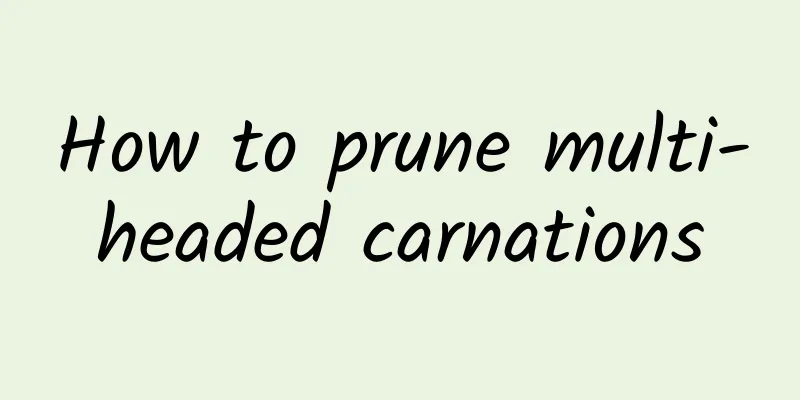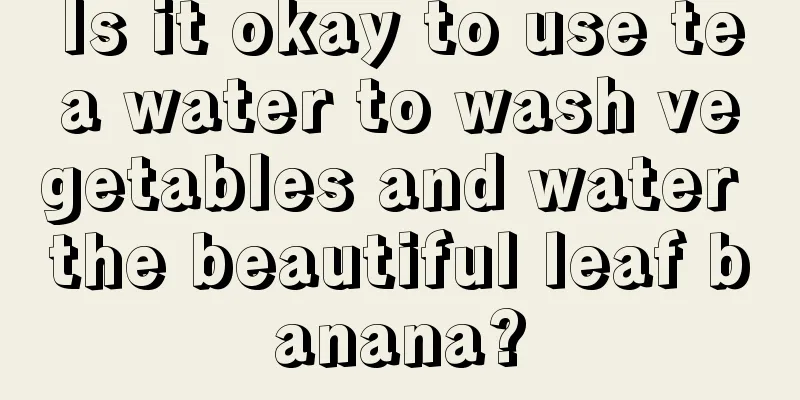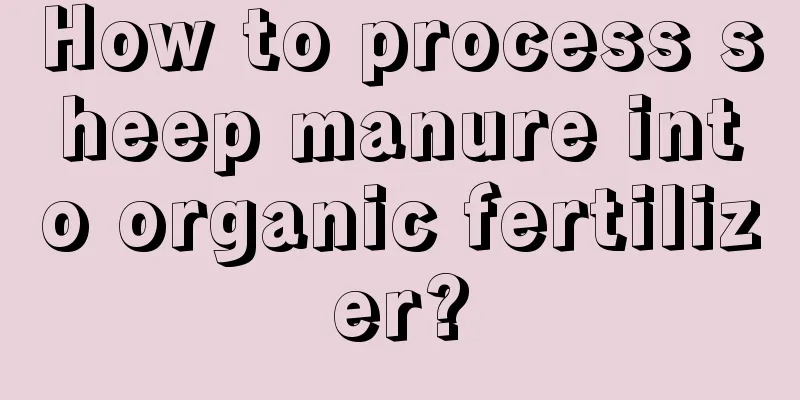What is inorganic fertilizer?

Introduction to Inorganic FertilizerInorganic fertilizer is a mineral fertilizer, also known as chemical fertilizer, or "fertilizer" for short. It has a relatively simple composition, is easily soluble in water, decomposes quickly, and is easily absorbed by plant roots. It includes nitrogen, phosphorus, potassium, compound fertilizer, etc. Inorganic fertilizer classificationInorganic fertilizers can be divided into ammonium bicarbonate, urea, ammonium sulfate, calcium magnesium phosphate fertilizer, potassium sulfate, wood ash, lime, etc. The difference between inorganic fertilizer and organic fertilizerDifferent ingredientsCarbon compounds, excluding simple compounds such as carbon dioxide, carbonic acid, and carbonates, are called organic matter if they mainly contain the three chemical elements C, H, and O, while the opposite is called inorganic matter. Organic fertilizer refers to fertilizer containing the former type of substances, and inorganic fertilizer refers to fertilizer containing the latter type of compounds. Different sourcesOrganic fertilizer uses the excrement or remains of organisms as fertilizer, is easily decomposed by microorganisms, has good compatibility with the environment, does not pollute the environment, and is both environmentally friendly and economical. Inorganic fertilizer buries high-purity inorganic salts into the soil, which can easily destroy the pH value of the soil and harm the ecological environment. Precautions for using inorganic fertilizersExcessive application of inorganic fertilizers will cause soil compaction, which can easily lead to the fixation and loss of soil nutrients, and easily cause pests and diseases, which can reduce the quality of agricultural products. Therefore, we must pay attention to controlling the amount and degree of inorganic fertilizer use. |
<<: What is organic fertilizer?
>>: What is liquid fertilizer?
Recommend
Can Clivia be planted in the ground?
Can Clivia be planted in the ground? Clivia can b...
Can Sweetheart Blueberry be grown in the South?
Can sweetheart blueberries be grown in the south?...
If you grow Sansevieria and Asparagus Fern like this, they will not only bloom every year, but also bear fruits!
Tiger Piranha The first thing Huahua wants to tal...
What crops are suitable for planting in spring? What crops can be planted in spring?
The weather is most suitable for planting crops i...
When to sow Impatiens
1. Sowing time The best time to sow Impatiens is ...
Preparation method of rose soil
Rose soil requirements The soil for roses must be...
Can Kalanchoe cuttings survive?
1. Can you survive? Kalanchoe can survive by taki...
Do flamingos prefer shade or sun?
Do flamingos prefer shade or sun? Flamingos are q...
Is it necessary to use special soil to grow succulents (what kind of soil do succulents need to be planted in)
Is it necessary to use special soil for succulent...
Vegetables suitable for planting in autumn and winter
Chinese chives The Northeastern chive pie is trul...
The fastest way to root cherry cuttings
Simple method of cherry cuttings When cutting che...
Cultivation methods and precautions of money tree
1. Soil It is recommended to use loose, fertile, ...
8424 Watermelon Planting Time and Method
8424 Watermelon Planting Time 8424 watermelon is ...
Cultivation methods and precautions of star-shaped begonia
1. Soil The main considerations when choosing soi...
How to deal with roses not blooming
1. Increase lighting 1. Reason: Roses love sunlig...









